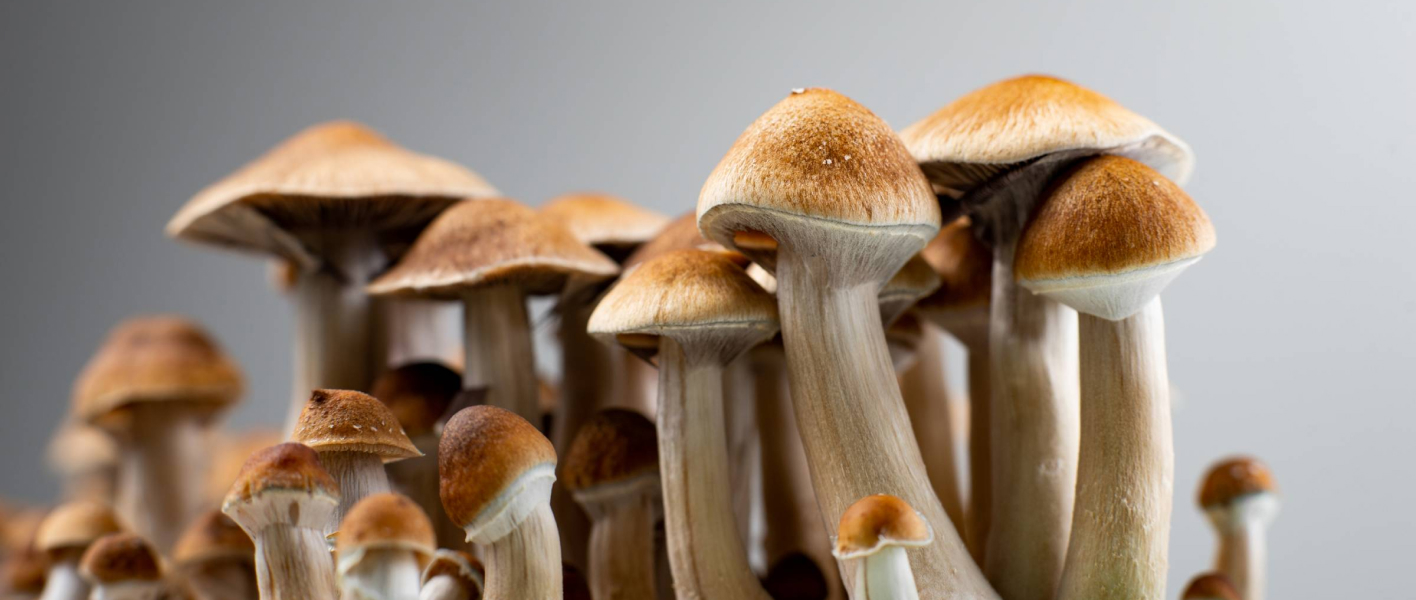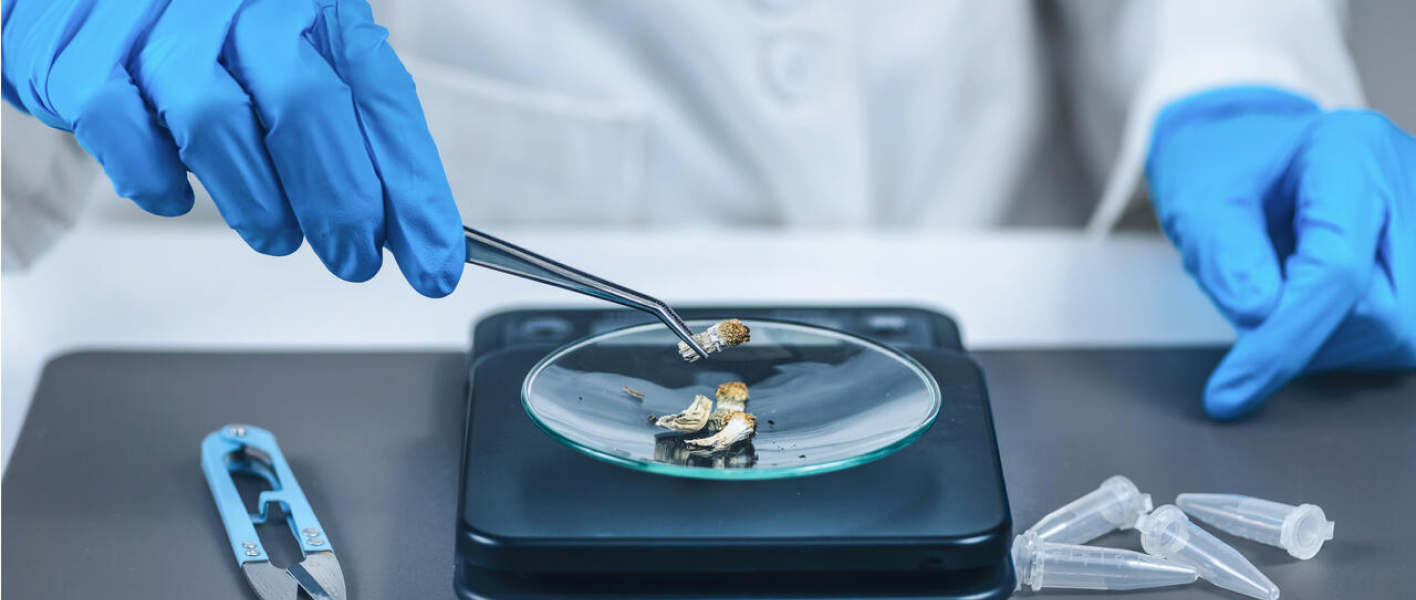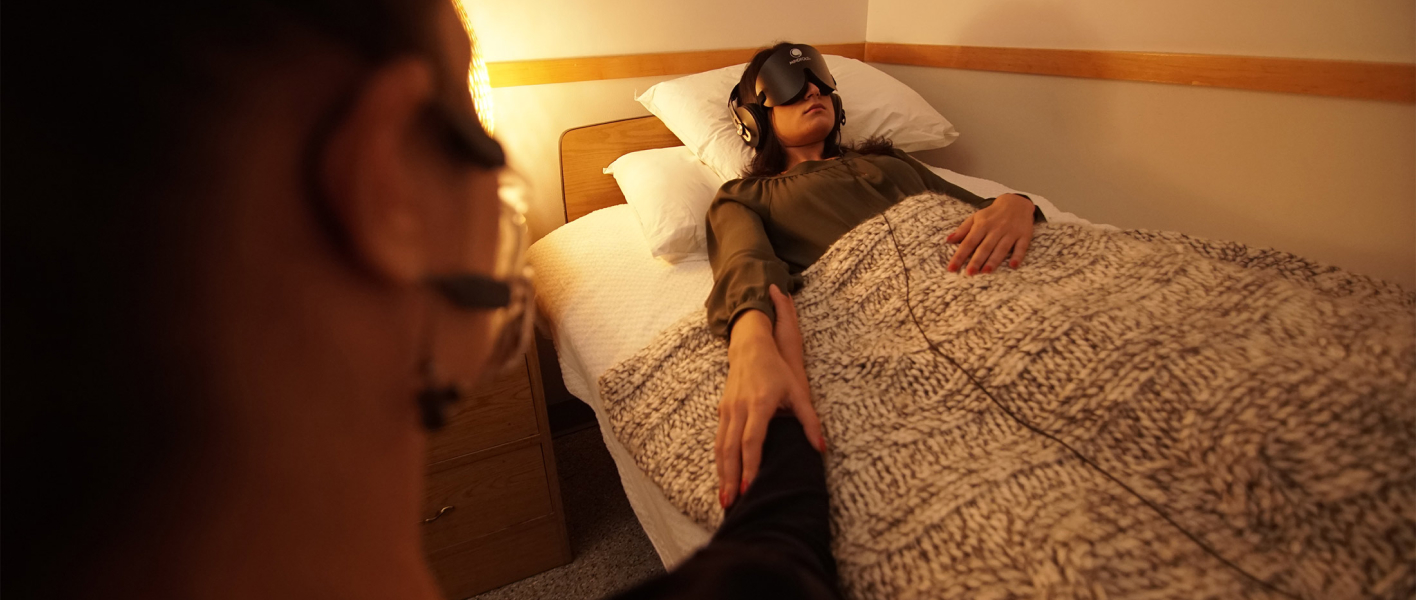DISCLAIMER/Harm Reduction: Psilocybin is a controlled substance, which is illegal in most jurisdictions. This site and its contents are for informational purposes only and are focused on the potential future of legal, licensed, clinical therapy, and in no way is intended to recommend or direct towards current use or obtaining illicit substances. Please read our full disclaimer.
It is important to understand that using any home-grown or street-bought Psilocybin or magic mushrooms ( aka “shrooms”) will not result in successful depression, anxiety, addiction or treatment of other mental illnesses because the Psilocybin therapy producing promising results in clinical trials is used along with specific, carefully crafted psychotherapy in a safe, controlled environment. Furthermore, Psilocybin purchased illicitly do not specify the precise amounts of Psilocybin, and may be adulterated with other, possibly harmful substances, making it impossible to dose properly for Psilocybin treatment or any kind of therapeutic purpose.
While there is no known lethal dose of mushrooms, taking too much Psilocybin or exercising while taking Psilocybin may lead to agitation, panic or paranoia, psychosis, seizures, or risk of coma.
At this time, and until medical use is legalized, anyone interested in Psilocybin-assisted therapy should focus solely on educating themselves through credible publications and scientific journals, and may inquire about potential legal clinical trials
Always consult with a licensed physician before beginning any therapy protocol, and be sure to know your jurisdiction's laws and regulations concerning such protocols.






